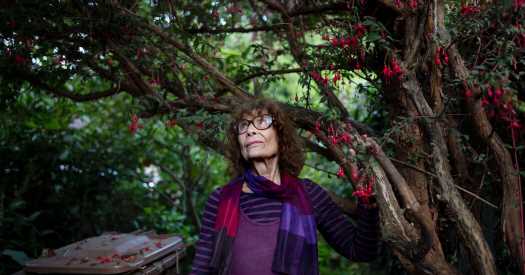Boosters may not be necessary yet, many experts say, and the pursuit of additional shots raises ethical questions.
By Maria Cramer and Jenny Gross
Many scientists say that vaccinated people probably won’t need booster shots anytime soon. Some are getting them anyway.
They are going to local pharmacies, other states or even other countries — anywhere where there is no record of them having been vaccinated — to get extra doses out of concern about the Delta variant or because they are worried their protection may be wearing off. The news on Thursday that Israel would give them to some older people seems likely to spur the trend.
“You can’t get enough, that’s my feeling,” said Ida Thompson, a retired geology professor who got a Pfizer shot a few weeks ago in the United States, months after receiving two doses of the AstraZeneca vaccine in Britain. “Bring it on.”
Dr. Thompson, who has six grandchildren, said that her decision to get a booster happened at the spur of the moment. While getting a coronavirus test at a pharmacy in Florida, where she was visiting family, she saw the pharmacy was offering vaccines.
When a pharmacy employee asked whether this was her first or second shot, she said first. “Since it was my first Pfizer,” Dr. Thompson said. “It was pretty clear to me that A.Z. plus Pfizer was a good idea,” she added, after reading about a study on the benefits of mixing AstraZeneca and Pfizer.
Does a booster provide extra protection?
Maybe, but it is too early to say, at least according to the U.S. Centers for Disease Control and Prevention. The C.D.C. has not authorized booster shots, but there is a growing consensus in the Biden administration that people who are 65 and older or who have compromised immune systems would benefit from a third shot.
Pfizer and BioNTech, the company that invented the vaccine and partnered with Pfizer to develop it, have reported that a third shot of their vaccine boosts the blood levels of antibodies against several versions of the coronavirus, including the highly contagious Delta variant. And some research suggests that mixing different types of vaccines could provoke a more robust immune response than a single brand alone.
Israel forged ahead on Thursday, announcing it would begin administering third Pfizer boosters to people over the age of 60 starting on Sunday. They will need to have had their second shots more than five months ago to be eligible, according to Kan, a state-funded news network.
But some researchers and public health officials have cautioned that much of this data is preliminary and people should not assume boosters are necessary. Two shots of the Pfizer or Moderna offer robust and lasting protection against severe disease and death. Johnson & Johnson said the company’s data shows the vaccine was 85 percent effective against severe illness from the Delta variant and protected those who received it against hospitalization and death.
Source: Read Full Article

